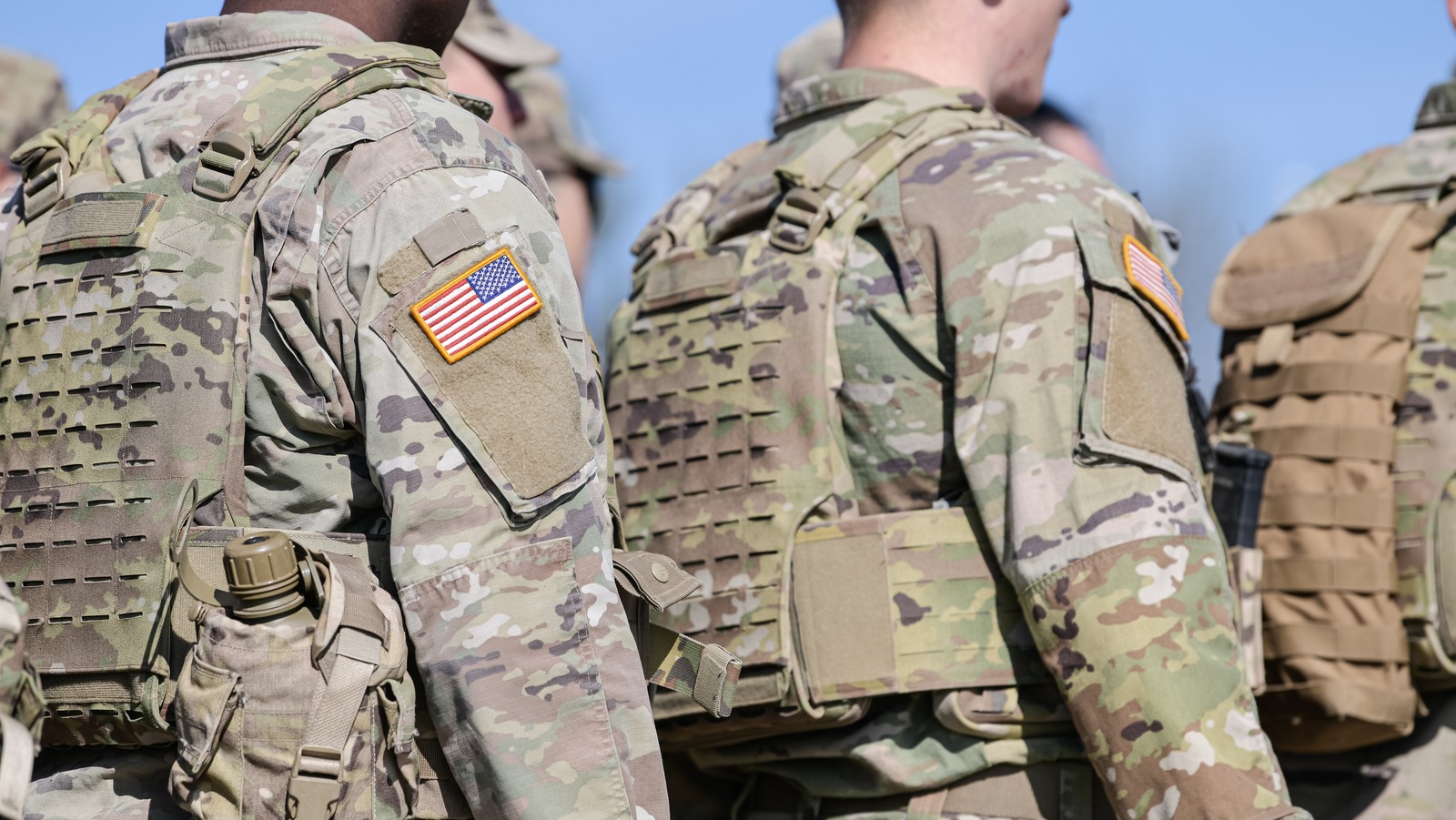
There’s no arguing that the ISA is a decidedly American organization, working toward American interests across the world. On top of that, there’s a long history of covert intelligence gathering being a part of military operations in the U.S. — it even goes back to the American Revolution, interestingly enough. Despite that, the ISA took its inspiration from foreign groups, rather than domestic ones.
More specifically, the founder of the ISA, Jerry King, had experience working with British special forces units — the Special Air Service (SAS) and Special Boat Service (SBS). These two British groups had been active for quite some time, tracing their roots back to the early 1940s, during which time the SAS in particular operated as a group of small strike teams, deployed behind enemy lines. Over time, though, their responsibilities grew; not only were they running small units to conduct (or counter) raids, but they were also vital for constructing intelligence networks in whatever area they found themselves deployed. Counterrevolutionary tactics, counterterrorism, and surveillance were where they excelled.
Which all sounds quite a bit like what the ISA would later grow to be. King had worked with British agents from those groups and decided to take inspiration from their operations, albeit with some changes of his own. While British intelligence teams were often temporary things, formed as necessary by the SAS. King wanted a more permanent fixture that filled the same purpose; thus the ISA came into being.





